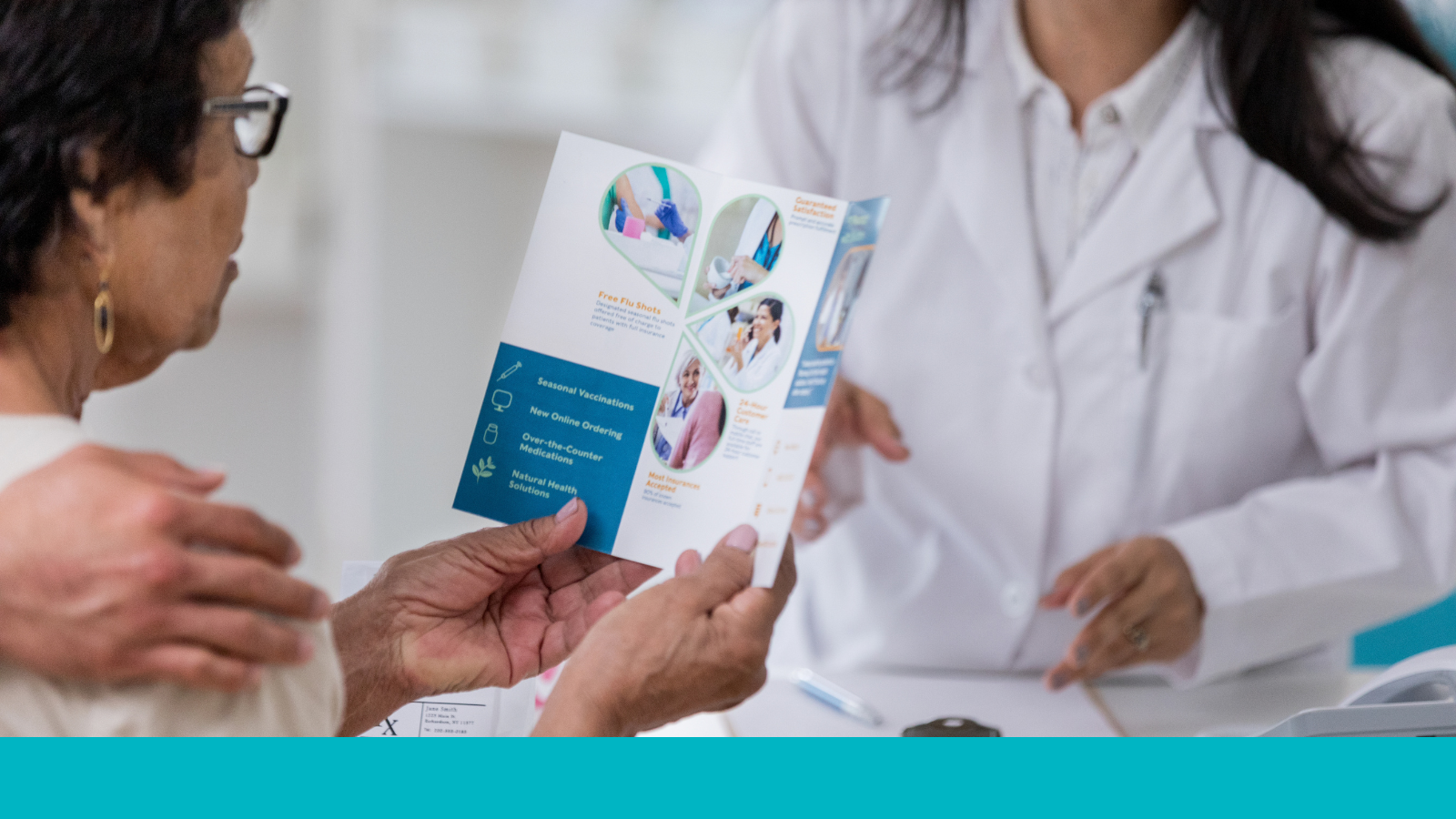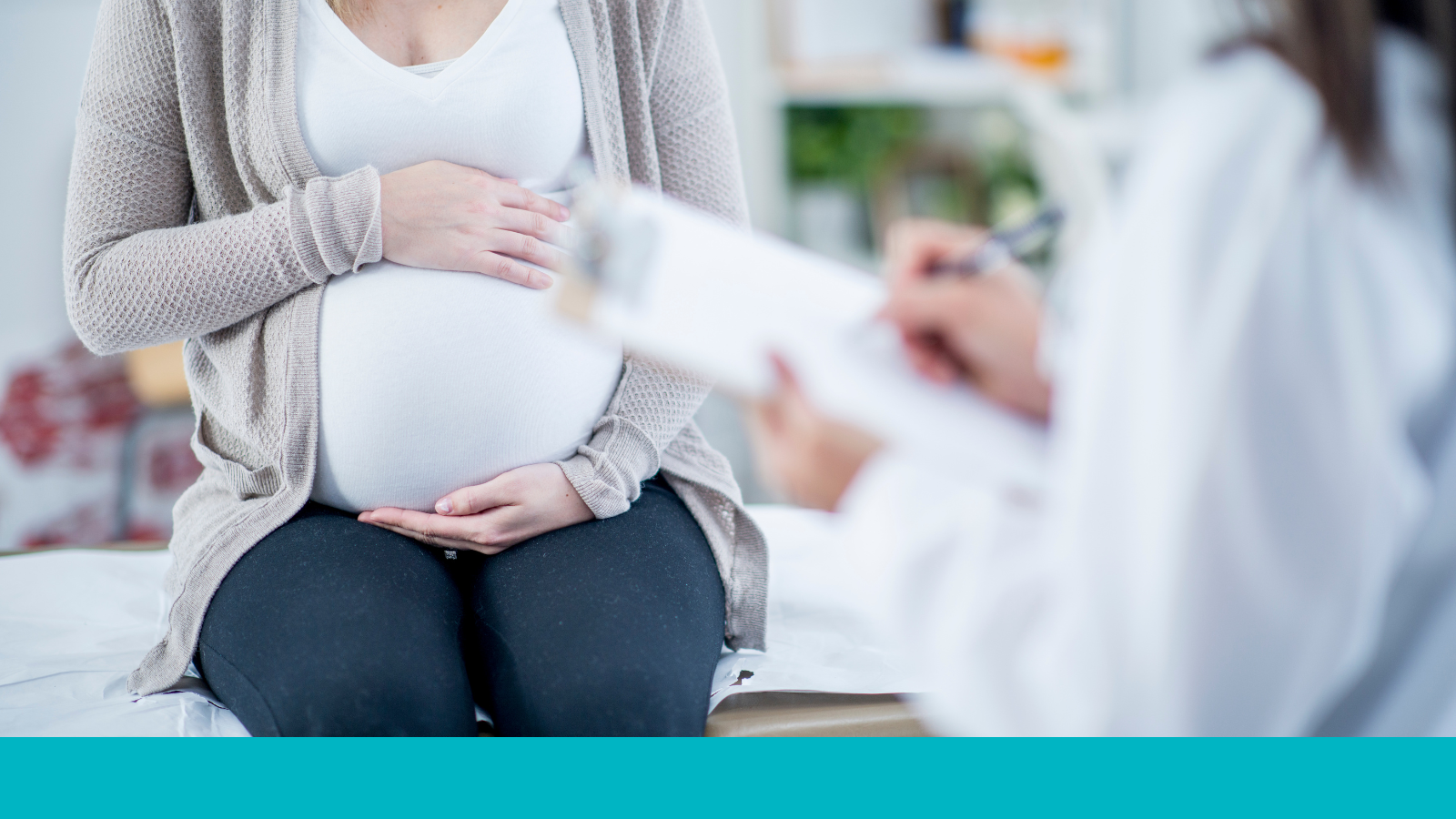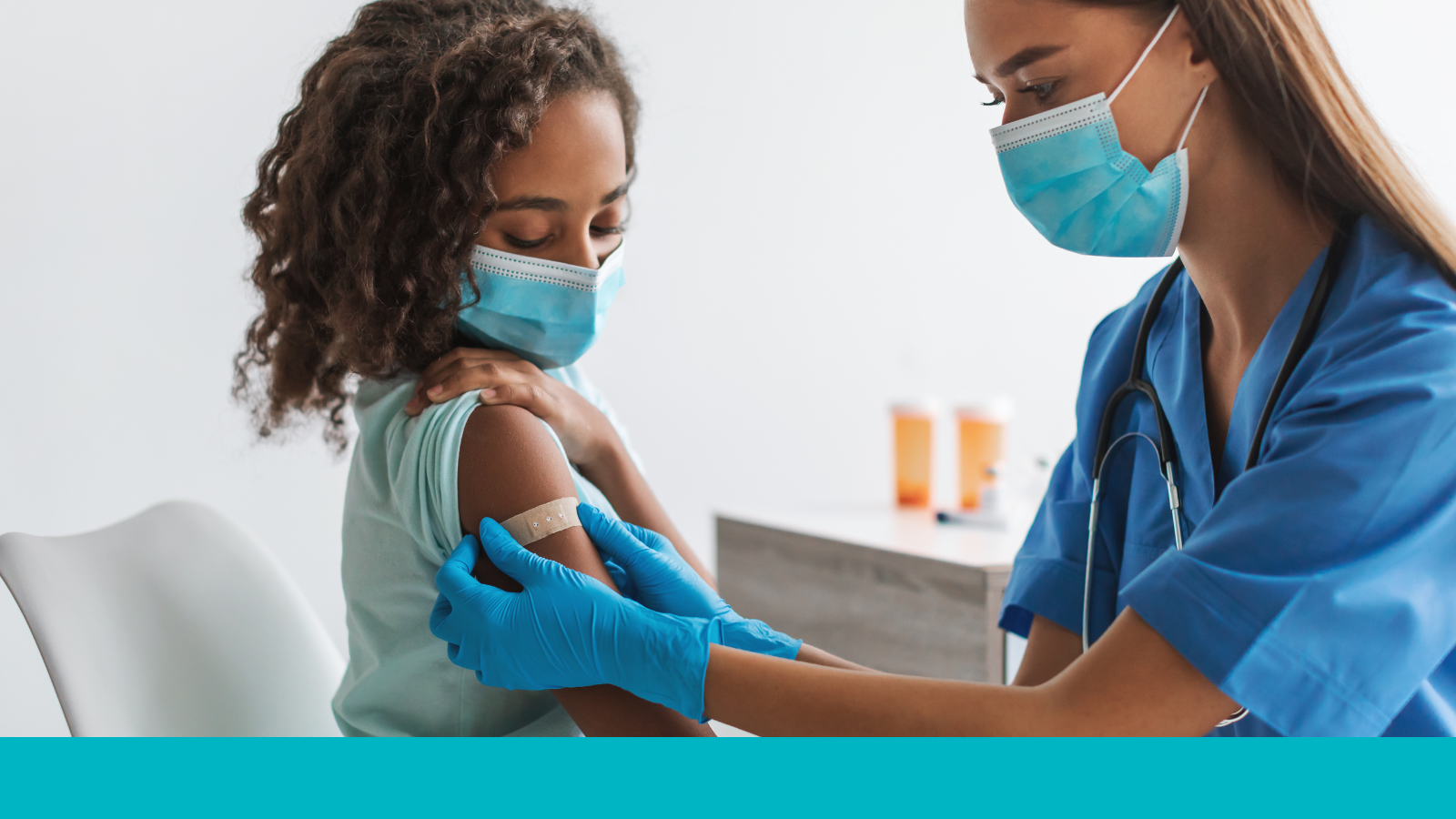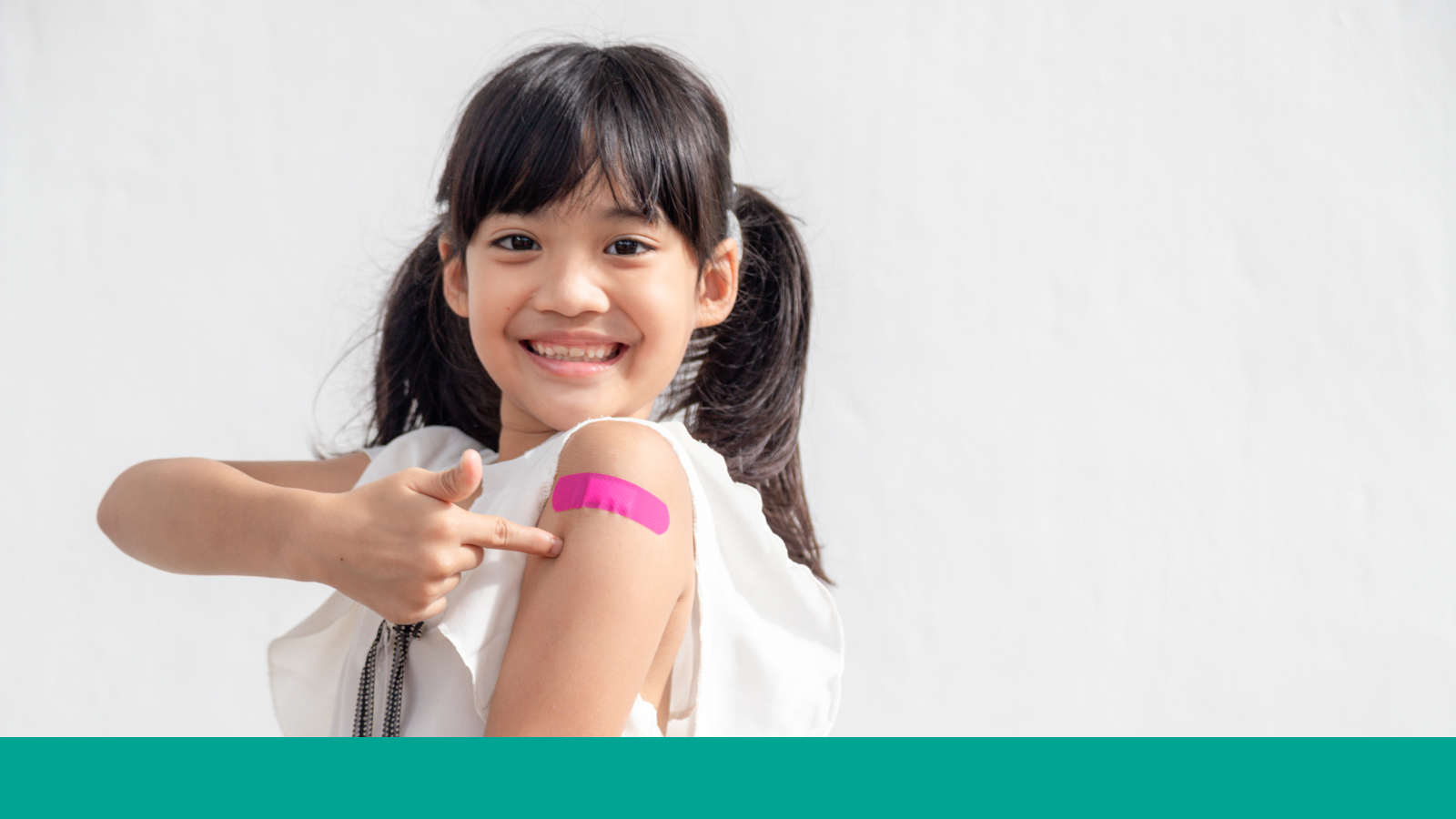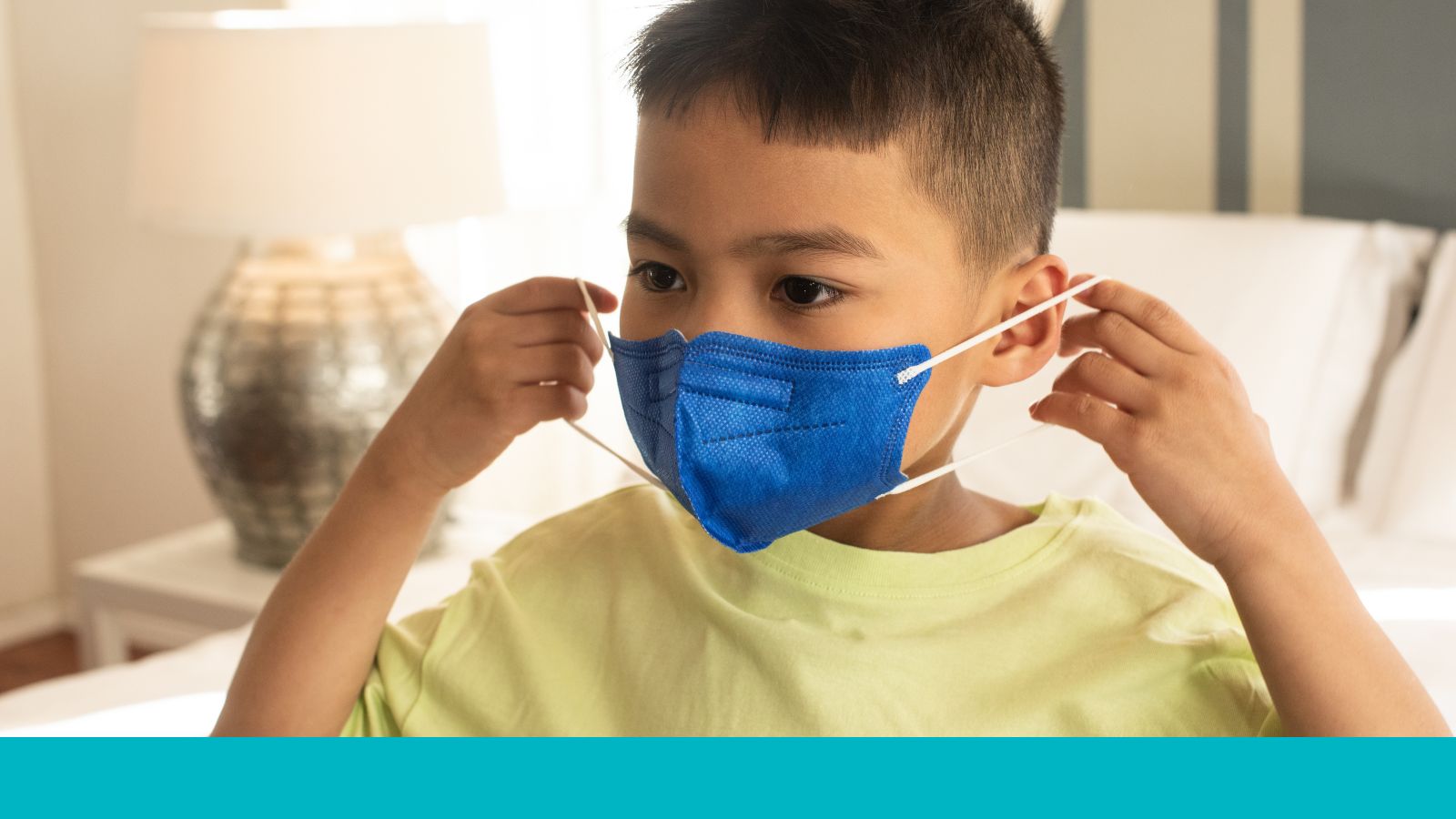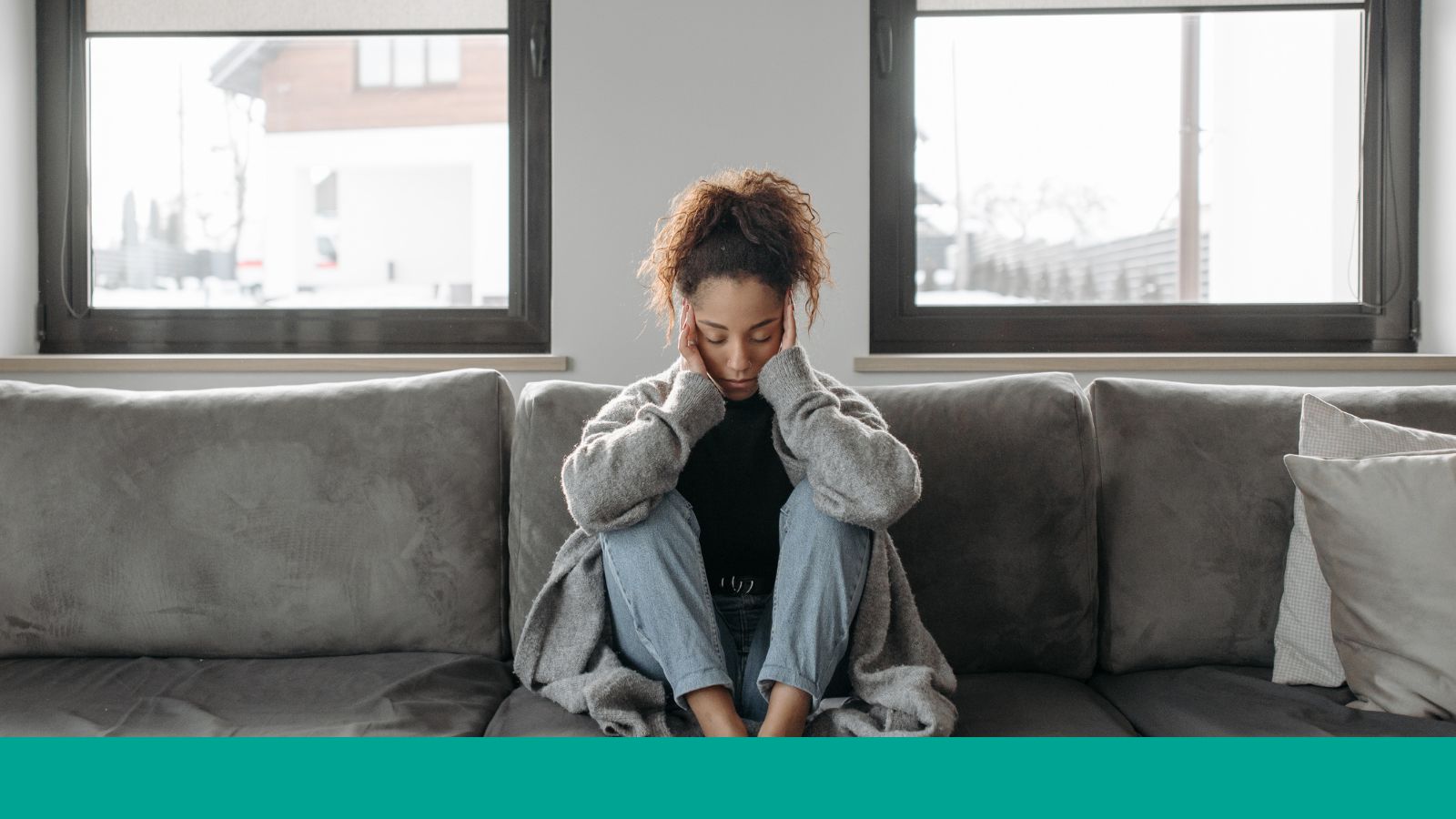Note: Recommendations from expert sources about how different groups should use the 2025-26 COVID-19 vaccine, as well as information about how to access the COVID-19 vaccine, are evolving. PHCC will continue to update our 2025-26 COVID-19 vaccine messaging as more information becomes available.
Talking Points
What is COVID-19?
- COVID-19 is an infectious disease caused by a virus that infects the lungs and breathing passages, such as the nose, mouth, and throat.
- Anyone can get COVID-19. Some people are more likely to get very sick from COVID-19 than others, including:
- People age 65 years or older
- People who are unvaccinated or not up to date on their COVID-19 vaccinations
- People with certain medical conditions
- COVID-19 can cause mild to severe respiratory illness, including dry cough, shortness of breath, fatigue, fever, diarrhea, head and body aches, and loss of taste and/or smell.
COVID-19 Transmission
- A person with COVID-19 can spread the virus when they cough, sneeze, or speak with others from a close distance.
- COVID-19 is more likely to spread in poorly ventilated areas and crowded indoor settings.
- Less commonly, you can also catch COVID-19 if you touch a surface contaminated with the virus and then touch your eyes, nose, or mouth.
COVID-19 Vaccination and Prevention
- Vaccination: People who are up to date with their COVID-19 vaccinations have a lower risk of severe illness, hospitalization, and death due to COVID-19 infection than people who are unvaccinated or have not completed the recommended doses.
- Other Forms of Prevention: In addition to vaccination, other ways to prevent the spread of COVID-19 include staying home when you’re sick, washing your hands, and wearing a high-quality mask.
COVID-19 Treatment
- For people not at risk for severe illness: If your symptoms are mild, stay home and rest, drink water, and maintain nutrition until your symptoms subside. Talk to a healthcare provider about taking an over-the-counter medication, such as a fever reducer or pain reliever.
- For people at risk for severe illness: There are several prescription antiviral medications available to treat mild to moderate COVID-19 if you are at risk for severe illness. These medications must be prescribed by a healthcare provider within five to seven days of symptoms starting. If you are at higher risk for severe illness and think you have COVID-19, talk to a healthcare provider about testing and/or treatment right away, even if your symptoms are mild.
- For people experiencing severe COVID-19 symptoms, get emergency help right away. Severe symptoms include breathing problems, chest pain or pressure, sudden confusion, trouble staying awake or waking up, and gray or blue skin, lips, or nails.
Long COVID
- Long COVID refers to chronic health issues that arise after a SARS-CoV-2 infection. It’s a broad, umbrella term that includes over 200 potential symptoms across all parts of the body, new diagnoses of other chronic health conditions, and worsened symptoms associated with conditions that were identified before the diagnosis of COVID-19.
- Anyone can get Long COVID, including people across all age groups (including young children), races and ethnicities, genders, and sexual orientations.
- Common symptoms occur for at least three months and include dizziness and lightheadedness, neurological issues (sometimes called “brain fog”), heart problems, new allergies and intolerances, altered taste and smell, trouble sleeping, fatigue, and new or worsened symptoms following physical, emotional, or mental activity.
- Someone may experience continuous symptoms starting from the time of their infection, or may appear to recover but then experience new symptoms weeks or months later.
- Getting vaccinated against COVID-19 and following COVID-19 safety measures (like wearing a high-quality mask and getting tested) can help lower your chances of getting Long COVID.
- While there are no cures or FDA-approved treatments for Long COVID, there are options for people to manage their symptoms. If you’re experiencing symptoms, talk to a healthcare provider about managing them.


